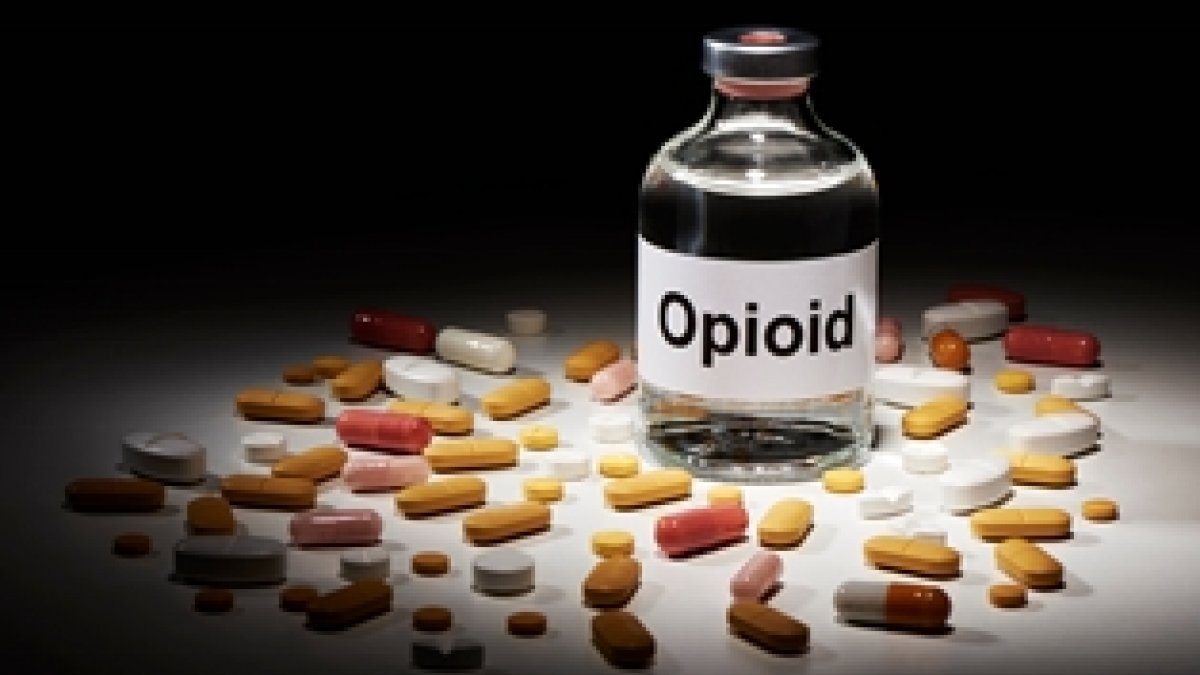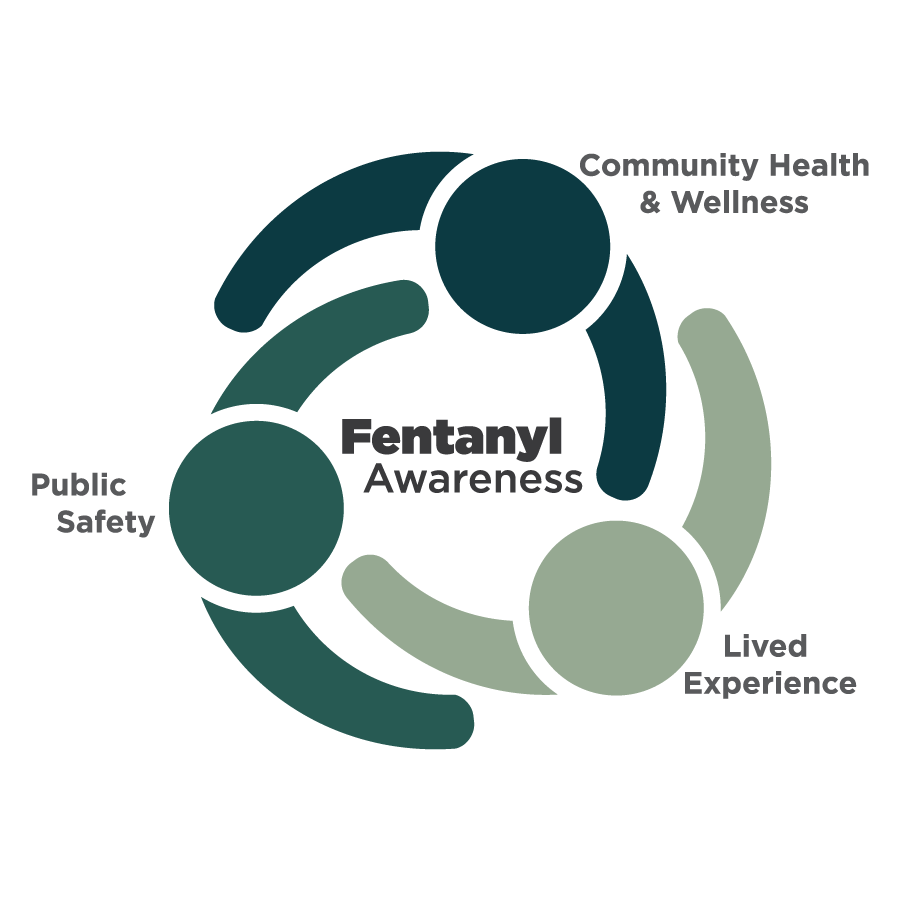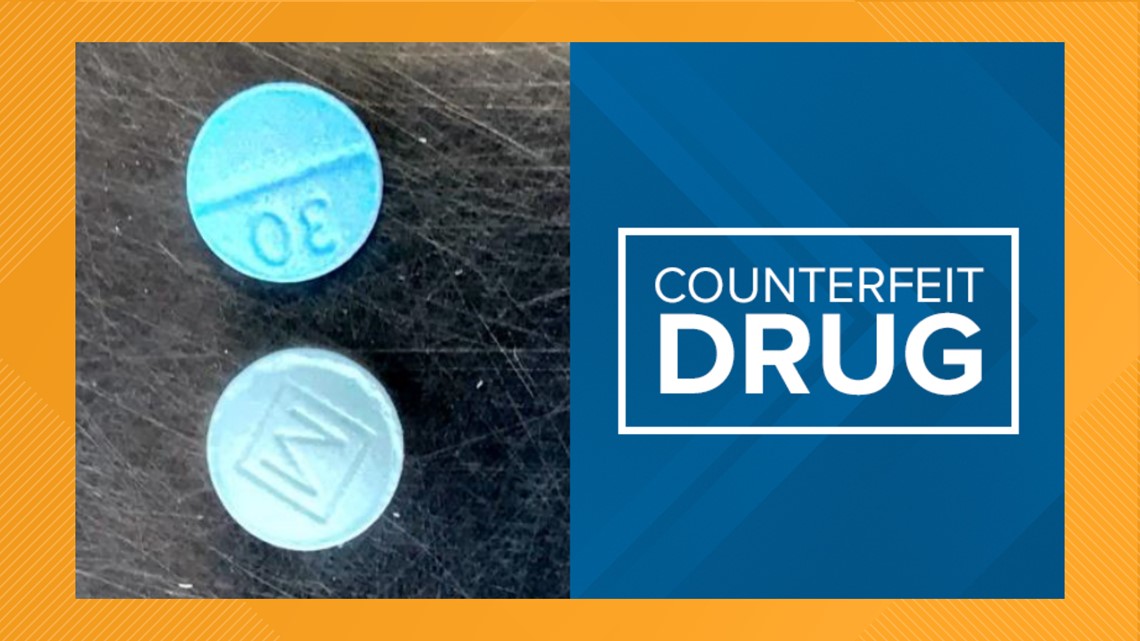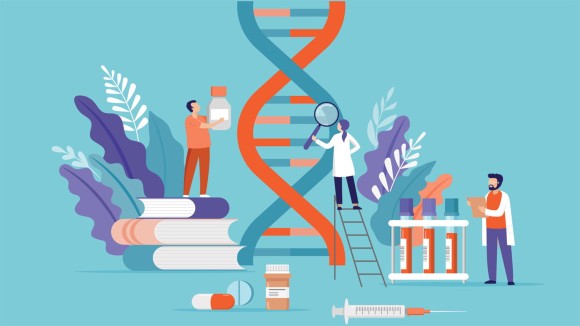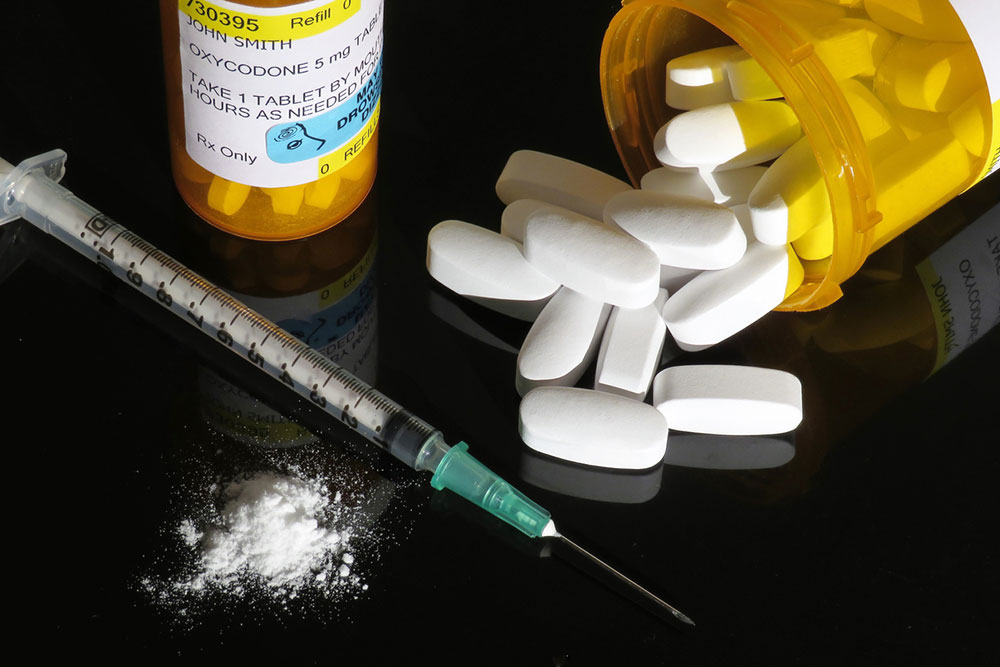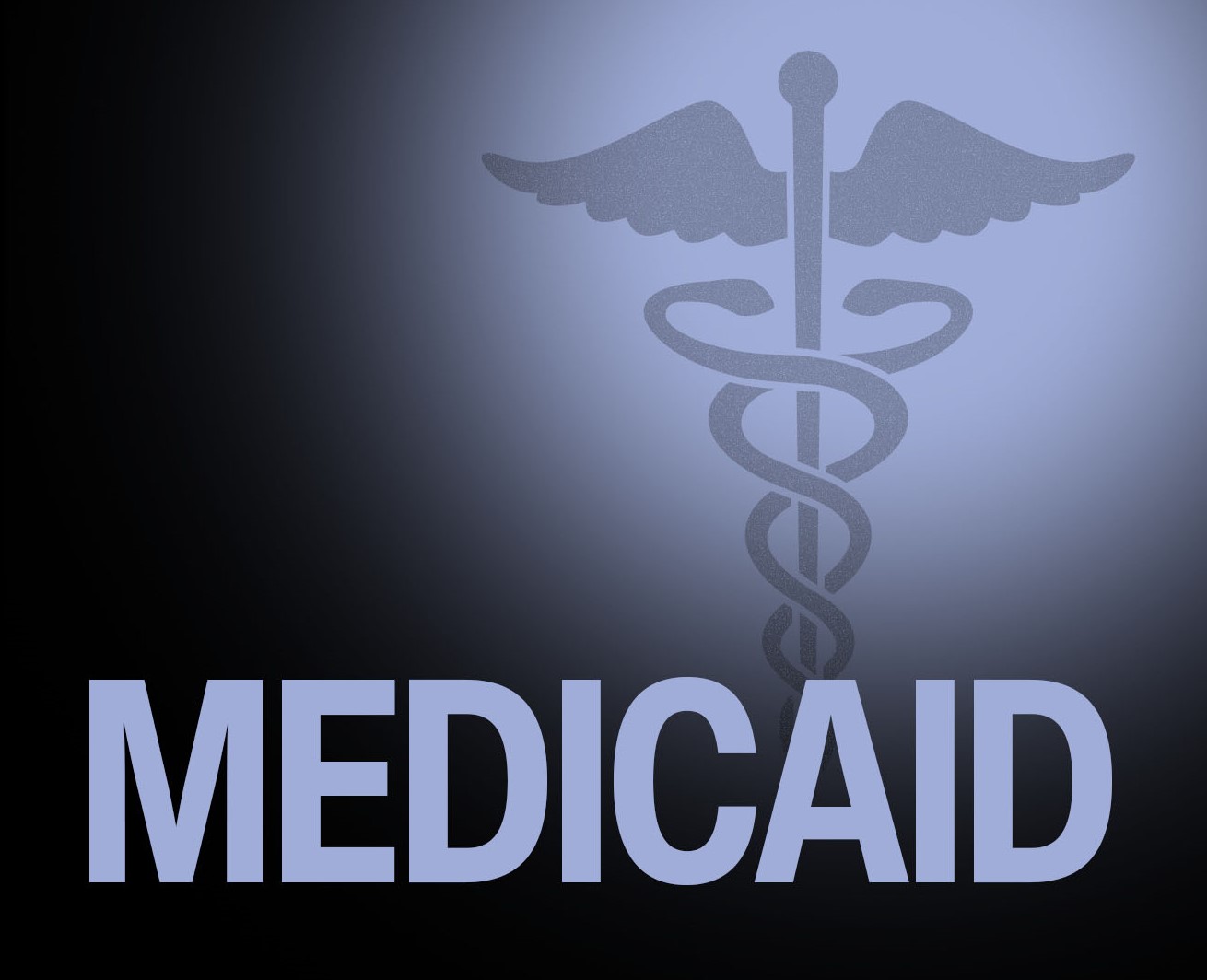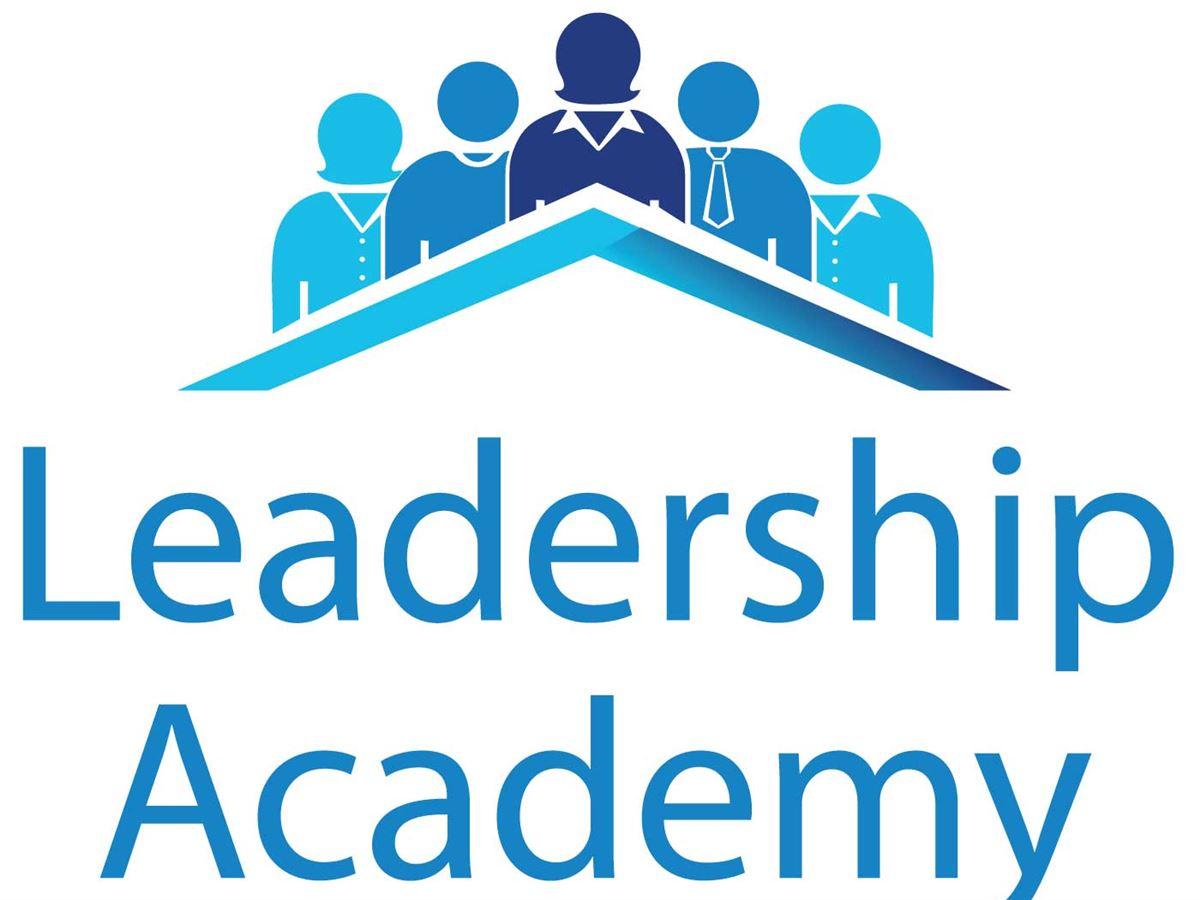Pain Relief and Opioid Addiction
Managing pain while reducing opioid addiction risk is a key healthcare challenge. Government policies regulate prescriptions and promote safer alternatives, while self-management, family support, and community resources provide education and treatment. Together, these strategies foster safer pain management with minimal opioid reliance. Reducing the Risk of Opioid Addiction While Effectively Managing Pain Managing pain while … Read more
